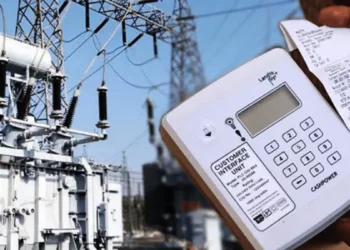Nigeria is struggling to ensure realisation of the $5 billion loan facility from Saudi Arabia to boost its oil and gas investment.
Apparently, the declining oil prices have made negotiations between Aramco and Nigeria’s government more difficult over a record $5 billion loan backed by oil, which Saudi Arabia’s state oil giant has agreed to extend to the country, sources told Reuters on Tuesday.
Nigeria is using at least 300,000 barrels per day (bpd) to repay other oil-backed loans that its national oil firm NNPC has taken.
A $5 billion oil-backed loan would be Nigeria’s largest such loan, as well as the biggest participation of Saudi Arabia in the country.
However, the 20 per cent decline in oil prices since January has delayed an agreement over the loan deal.
The dip in oil prices means that Nigeria will have to back the $5 billion loan with more oil production, and may have to back it with at least 100,000 bpd of oil, as estimated by Reuters’ sources.
Nigeria has been struggling in recent years to raise its oil production.
Last month, Nigeria’s government urged the oil companies operating in the country to collaborate to increase oil output in the producer that hasn’t been able to pump to its OPEC quota for years.
Nigeria’s crude oil production averaged 1.4 million bpd in the first quarter of the year, well below the 1.8 million bpd quota in OPEC, Ekperikpe Ekpo, the Minister of State for Petroleum (Gas), said recently.
Oil theft and pipeline vandalism have long plagued Nigeria’s upstream oil and gas industry, driving majors out of the biggest OPEC producer in Africa and often resulting in force majeure at the key crude oil export terminals.
Nigerian authorities have been clamping down on oil theft and have been supportive of an increase in oil and gas output in recent months.
The Nigerian Upstream Petroleum Regulatory Commission (NUPRC) said recently that U.S. supermajor ExxonMobil plans to invest as much as $1.5 billion in deepwater oil and gas exploration and development offshore Nigeria




